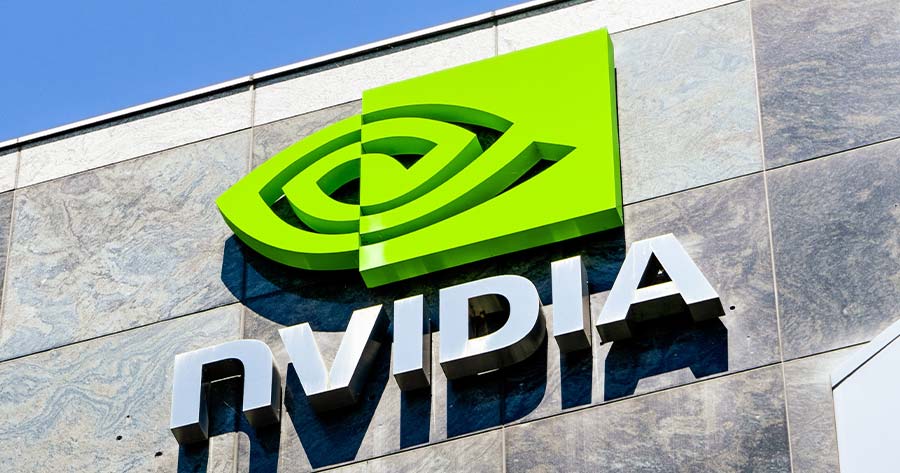On Monday, Nvidia unveiled the next generation of its graphic processor units (GPUs) for desktop and laptop PCs, which would be based on the same Blackwell architecture that are the fastest AI processors powering servers and data centers.
The GeForce RTX 50-series as it would be called, will come pre-installed in various pre-built computers ranging from around $550-2,000. Laptops with the chips would also start shipping in March.
The new GPU was revealed at CES Las Vegas, with Nvidia CEO Jensen Huang giving an address, showing the company’s engineering feat of reducing the size of a Blackwell card into small laptops.
Nvidia’s value has surpassed $3.5 trillion in market cap by selling its AI chips to major cloud operators and other tech companies. The company was known for selling its GPUs for running video games. Nvidia’s first chip from late 1999 was designed as a 3D accelerator for games, said Justin Walker, senior director of product at Nvidia, on a press call.
However, Wall Street is not as excited about Nvidia’s new gaming card, as the AI boom has overshadowed other markets in the tech sector. In 3Q24, less than 10% of Nvidia’s revenue came from gaming, while 88% came from sales to data centers.
Nvidia’s RTX 50-series GPU would feature DLSS4, which utilizes its AI processor to boost frame rates in video games, while the card will also be capable of displaying higher graphical fidelity and details on a higher resolution.
Much to investors’ disagreement, Nvidia’s gaming business is growing, with the last quarter of the previous year reporting 15% revenue from gaming. However, data center sales still dominated much of Nvidia’s business with $30 billion in revenue in the same quarter.
Nvidia claims that technological improvement in its AI business would trickle down onto its gaming cards for general consumers.
The GPUs that were unveiled at CES will come in four configurations for different price points. Its most powerful and expensive card, the RTX 5090 would come at the manufacturer’s suggested retail price (MSRP) of $1,999 and is said to be twice as powerful as its predecessor RTX 4090.
Nvidia said that the chips will be optimized not only for gaming but also for AI models and computer graphics. The chips would also be powerful enough for developers to integrate generative AI into their games.
Nvidia Corp. saw its stock peak at an all-time high on Monday, closing at $149.43, ahead of CEO Jensen Huang’s keynote at CES in Las Vegas. This rise surpasses its previous record of $148.88 set in November 2024, reflecting renewed investor confidence.





